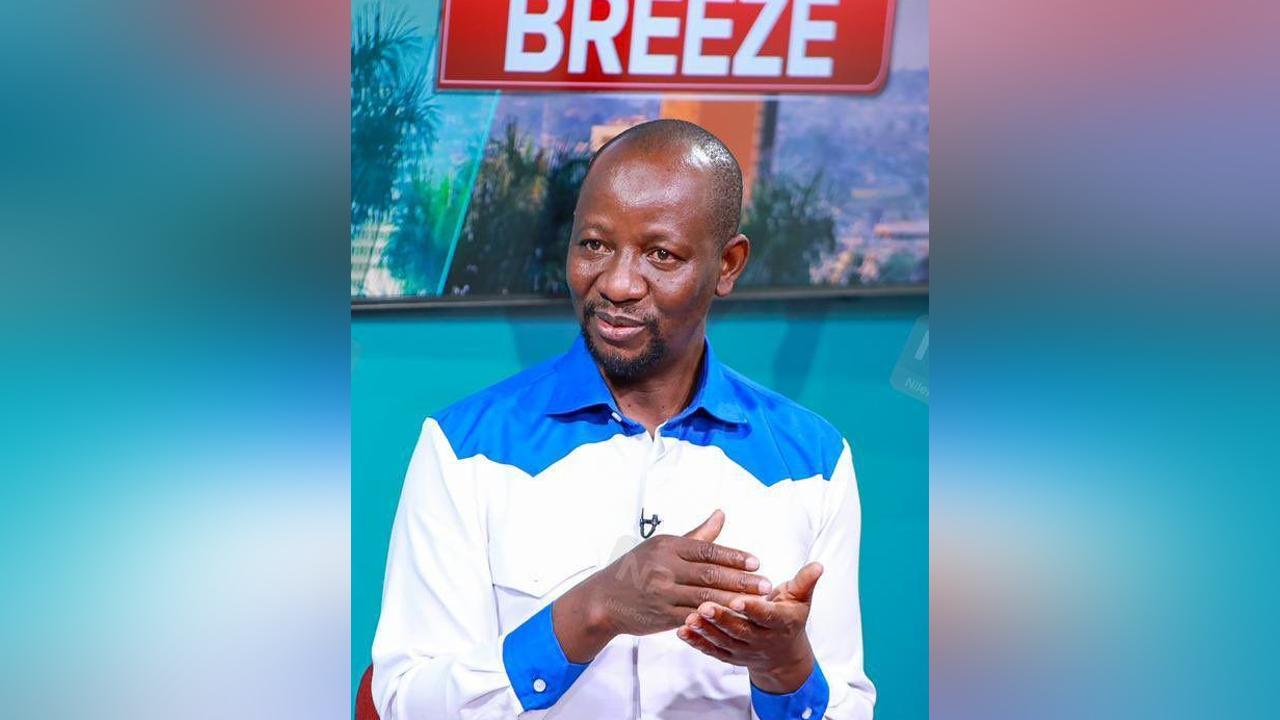By Andrew Victor Mawanda Naimanye
Africa-Press – Uganda. The People’s Front for Freedom (PFF) has begun a robust rollout of its nationwide grassroots mobilisation strategy in preparation for the 2026 general elections, according to Kira Municipality MP and PFF spokesperson, Ibrahim Ssemujju Nganda.
Speaking on NBS Morning Breeze earlier today, Ssemujju announced that the opposition pressure group has opened new regional offices in Mbarara (Ankole subregion) and Bugiri (Busoga subregion), with plans to launch in Bunyoro on August 9.
“We (PFF) have opened offices in Mbarara and Bugiri. We’ll be in Bunyoro on the 9th doing the same, and other regions will follow in due course,” Ssemujju said. “Our work will be done at the subregional level, with a governor responsible for each district. The offices we are opening are functional and busy.”
He emphasized that PFF’s current mobilisation is part of a deliberate strategy to build political structures beyond Kampala and other urban centers, often the battlegrounds of opposition politics.
“The trouble that we have as opposition is that we fight for positions in urban areas and Kampala Metropolitan,” he said. “We never sit down to strategise for rural areas. If you go to Karamoja, for example, they have 26 MPs and none is from the Opposition.”
Ssemujju criticized what he described as complacency within the opposition ranks, particularly in reaching Uganda’s rural electorate, where the ruling National Resistance Movement (NRM) enjoys near-uncontested dominance.
“In the last election, at the closure of nominations, NRM had 350 chairpersons unopposed. The space is too big,” he noted. “PFF’s goal is to establish leadership in every subregion and make inroads where the opposition has historically been absent.”
At PFF headquarters in Katonga, the MP revealed that the party is already experiencing strong interest from prospective candidates.
“People are returning forms seeking to contest for positions at various levels under the party flag,” he said.
Ssemujju also weighed in on the ongoing debate about the authenticity of opposition parties in Uganda. He accused some opposition groups of collaborating with the ruling party, citing the Democratic Party (DP) under Norbert Mao and Uganda People’s Congress (UPC) as examples.
“There are political parties that work with the state. These aren’t genuine opposition political parties,” he said. “The genuine opposition doesn’t have to compete with each other. The label of ‘not authentic opposition’ is now used as a political weapon to soil your name before the electorate.”
Addressing the broader socio-economic challenges driving political engagement, Ssemujju highlighted the link between poverty, limited formal employment, and the scramble for political positions.
“In a country of 45.9 million people, only 2.7 million operate bank accounts. And of those, less than 2% earn more than one million shillings a month,” he explained. “Politics in Uganda has thus become a form of employment. People don’t contest to serve but because that’s an avenue for survival in a failed private sector economy.”
With less than a year to the 2026 general elections, Ssemujju’s remarks signal PFF’s intention to disrupt the traditional political map, especially in rural regions long dominated by the ruling party.
Whether the PFF’s grassroots strategy will yield electoral success remains to be seen, but the early groundwork and focus on regional outreach mark a significant shift in Uganda’s opposition politics.
For More News And Analysis About Uganda Follow Africa-Press






